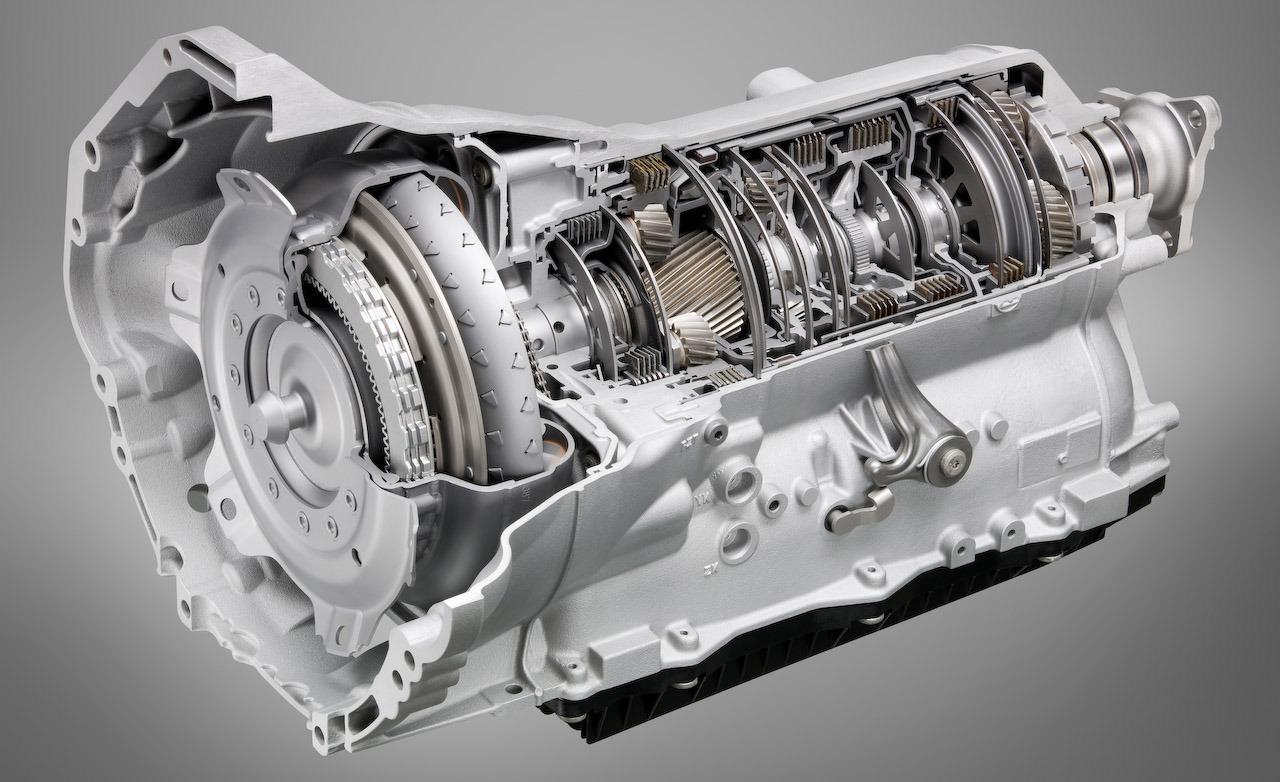One of the most essential parts of your car is its transmission. This component transfers power from your engine to the driveshaft, enabling you to turn your wheels and move forward.
Unfortunately, 2009 Toyota Corolla transmission problems can cause a great deal of inconvenience. If there’s anything wrong with your Corolla’s transmission, make sure to get it checked out right away.
🎯Suggested article: 2018 Toyota Corolla Transmission Fluid Change
Engine Burning Through Oil Excessively
Your Toyota Corolla’s engine is one of the most essential components. To ensure optimal performance and safety, it must be kept in optimal condition.
Some 2009 Toyota Corolla owners have reported an excessive oil burning problem. This issue has been reported across the board, leading many drivers to replace their engines.
Drivers experiencing this problem usually find a solution by adding extra oil than necessary. It should not be done regularly though.
If your Corolla is experiencing this issue, contact a mechanic who specializes in foreign cars and have them inspect the engine. If they determine that it’s due to an issue with your engine, then hopefully you can get it fixed at no cost.
Power Steering Difficulties
Some years back, Toyota decided to investigate a potential issue with their Corolla sedan that might make steering even more challenging for drivers. That issue revolves around keeping the car straight at higher speeds.
Toyota reports that cars with electric power steering systems, rather than traditional hydraulic ones, are more prone to this issue. These small cars use an electric motor which helps align the steering wheel with tire movement.
These issues could be due to a variety of causes. For instance, it could be that your tires aren’t properly aligned or that your braking system is malfunctioning.
However, there are steps you can take to help avoid these issues from arising. First and foremost, ensure your transmission fluid is changed regularly; otherwise, a leak could develop which could lead to more serious issues down the line.
🎯Suggested article: How Much Does Transmission Replacement Cost For a 2009 Toyota Corolla?
Brakes Getting Stuck
Brakes are an integral part of any vehicle. Not only do they help you stop safely, but if your brakes start to squeal or grind then it is wise to have them checked out by a mechanic.
Your brakes may stick due to one of two problems: The caliper piston or brake pad shims. Both components can become seized due to corrosion or other debris buildup, so make sure to inspect them regularly for signs of malfunctioning.
If the caliper on your car’s brake pedal is stuck, you’ll notice your car pulling to one side when pressing down on the brake pedal. However, this won’t release as quickly and will take several seconds for them to come back up again; therefore, make sure these issues are addressed right away.
A malfunctioning caliper may also lead to other symptoms like a hot odor or smoke coming from behind your car. If this is the case, your Corolla could be suffering major engine damage; thus, having them examined by an experienced technician is highly recommended.
💥See also: 2017 Toyota Corolla Transmission Fluid
Shift Position Sensor Failure
The shift position sensor is a critical element that regulates your transmission’s gears. If it malfunctions, your shift points will be off and shifting will become difficult.
Your vehicle may shift suddenly and harshly, leading to a loss of control. This problem could be due to low fluid levels, worn clutch components or an issue with your shift solenoid.
Maintaining and caring for your Toyota Corolla’s transmission is essential to guarantee it runs optimally. By doing so, you’ll keep your car reliable for years to come!
The shift position sensor is an integral component of your transmission system and can be replaced at your local dealership. Replacing this component early on will save you money in the long run.

